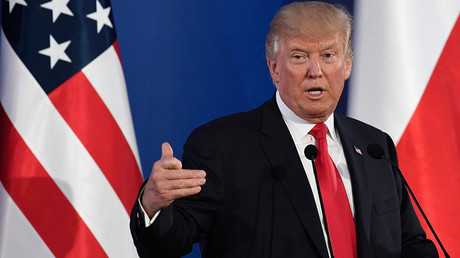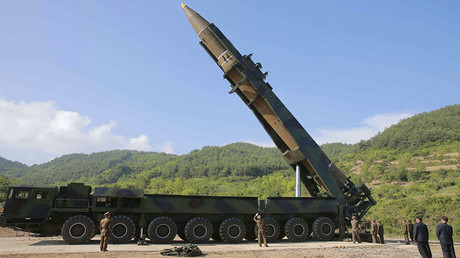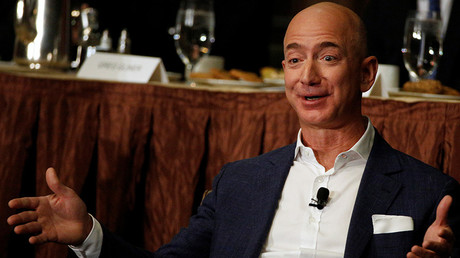Peter Lattman, a managing director of media at Emerson Collective and a former media editor and deputy business editor at The New York Times, will become vice chairman of The Atlantic.

Mr. Bradley said he started thinking about The Atlantic’s path forward two years ago. With the help of “a small group of researchers,” he said, he began last year to identify potential owners for the company. That list included Ms. Powell Jobs, who is the widow of Steven P. Jobs, a co-founder of Apple; she first expressed interest in the company at a meeting in January in Washington.
“What a privilege it is to partner with David Bradley and become a steward of The Atlantic, one of the country’s most important and enduring journalistic institutions,” Ms. Powell Jobs said in a news release. She added: “Emerson Collective is excited to work with David, with his first-rate leadership team, and with his enormously talented staff, to ensure that The Atlantic continues to fulfill its critical mission at this critical time.”
Emerson Collective’s deal for a majority stake in The Atlantic is expected to close in about a month.
Newsletter Sign Up
Continue reading the main story
Thank you for subscribing.
An error has occurred. Please try again later.
You are already subscribed to this email.
The deal comes at something of a moment for The Atlantic, which was founded in 1857. The magazine has enjoyed strong digital growth, and 80 percent of its revenue now comes from nonprint sources, including digital ads and events. Like many other publications, it has capitalized on the current political environment: TheAtlantic.com’s audience grew 36 percent in the first half of the year compared with the same period in 2016.
By acquiring a majority stake in The Atlantic, Emerson Collective — which focuses on education, the environment, immigration, and social justice issues — expands its portfolio of media and entertainment investments. It is an investor in Axios, a media company started by the Politico co-founder Jim VandeHei and its former star reporter, Mike Allen, and in Pop-Up Magazine. Last year, it took a minority stake in Anonymous Content, the production and talent management company behind the movie “Spotlight.”
The organization also helps support several nonprofit journalism organizations, including the Marshall Project, Mother Jones and ProPublica.
For The Atlantic, the deal represents something of a return to its roots: Ralph Waldo Emerson, after whom Emerson Collective is named, was one of the magazine’s founders.
Continue reading the main story
Article source: https://www.nytimes.com/2017/07/28/business/media/atlantic-media-emerson-collective-majority-stake.html?partner=rss&emc=rss












